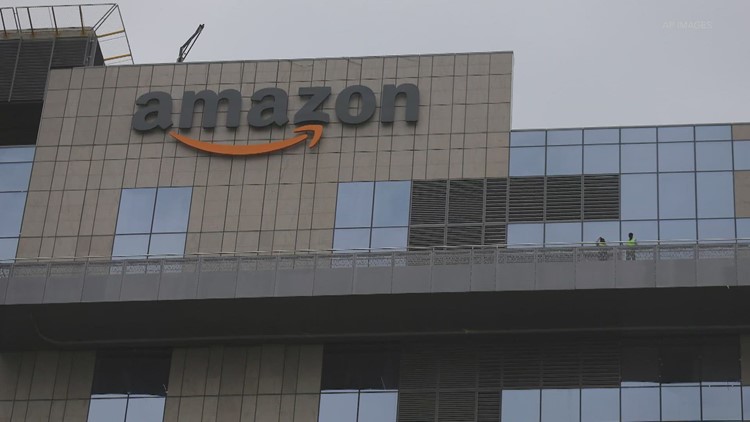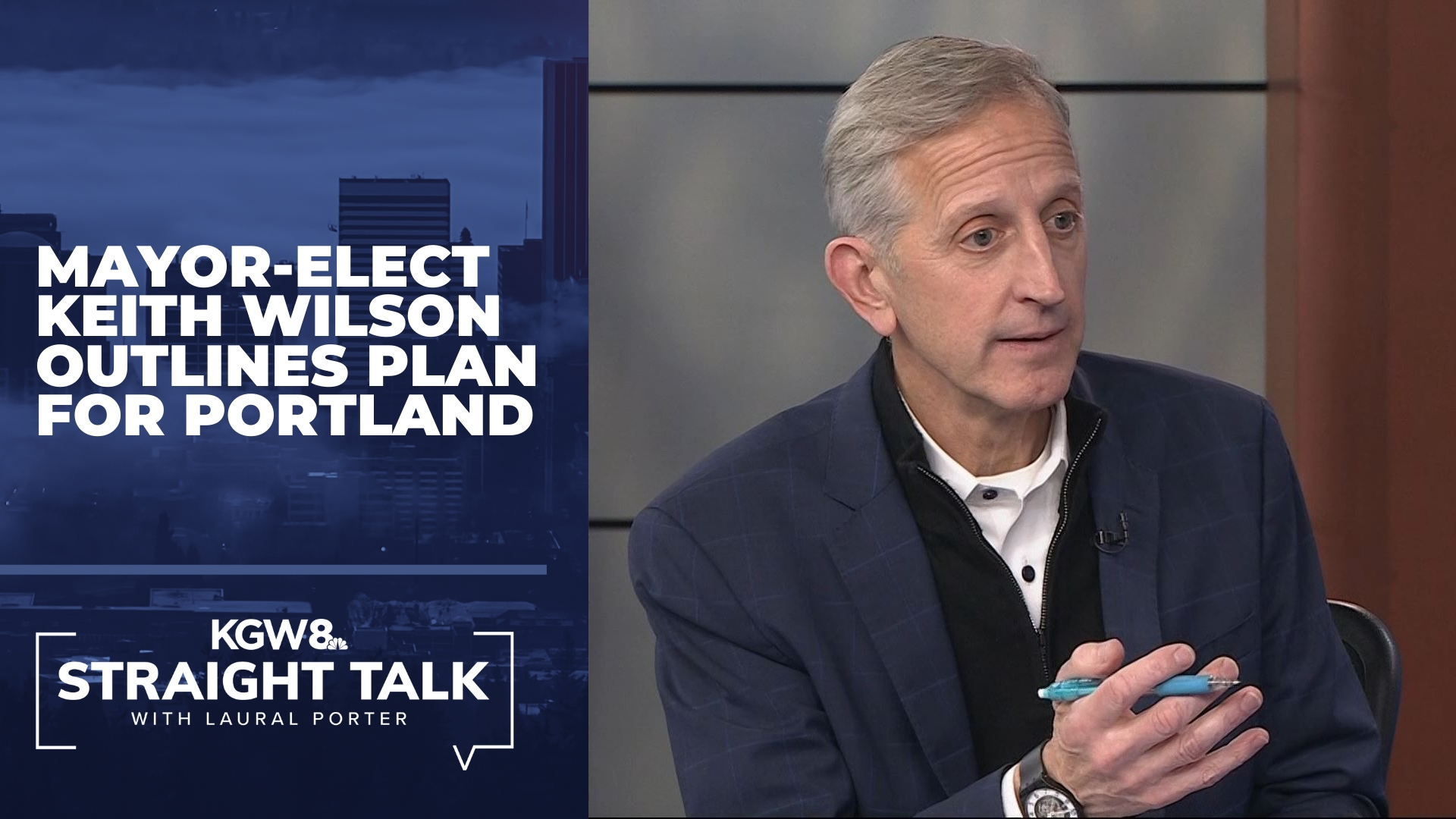SEATTLE — A new study from the University of Washington found that people living in neighborhoods within 2 miles of Amazon delivery stations are exposed to double the amount of delivery van and truck traffic.
The study on e-commerce impact on pollution levels researched Seattle metro neighborhoods in Bellevue, Everett, Seattle and Tacoma. Researchers chose to study Amazon because it is “the biggest player in the e-commerce market,” according to the study.
Despite people in the impacted neighborhoods ordering 14% fewer packages on average, the residents were subject to higher traffic near last-mile delivery stations or sortation centers, resulting in greater levels of pollution, according to the study.
“E-commerce is changing how we shop and how we travel in cities, but transportation researchers don’t really have a good way to measure or even talk about e-commerce in terms of equity,” said lead author Travis Fried, a UW doctoral student in the civil and environmental engineering department.
Fried said the study found a "substantial disparity" between those who are ordering a larger amount of packages and those who are affected by the pollution created by orders.
These neighborhoods are also home to more low-income households and people of color compared to the surrounding metro areas, the study states.
“Warehousing and distribution centers have historically concentrated in historically marginalized communities, including those with a high number of low-income households and a high proportion of people of color,” Fried said. “The concentration of industrial zoning happened through mechanisms that were either explicitly racialized during the early-to-mid 20th century or had the indirect effect of creating segregation near industrial land. Even though these policies are illegal today, we still see evidence of them locked into our modern-day development.”
Amazon said they weren't invited to be a part of the research process for this paper and found both the methodology and conclusions to be flawed.
"For instance, the overall activity at a delivery station is likely similar to what you would see at shopping centers in neighborhoods across the Puget Sound region. This report also assumes that all of our delivery vehicles are diesel operated, but in actuality, we're rapidly growing our electric vehicle fleet across the country," said Steve Kelly, Amazon spokesperson. "The truth is we work hard to be a good neighbor and we're committed to becoming an even more sustainable company and reaching net-zero carbon by 2040."
Seattle was one of the first cities where Amazon rolled out its electric delivery vans — that reduce carbon emissions and are quieter than diesel vehicles — in the summer of 2022, according to Amazon.



